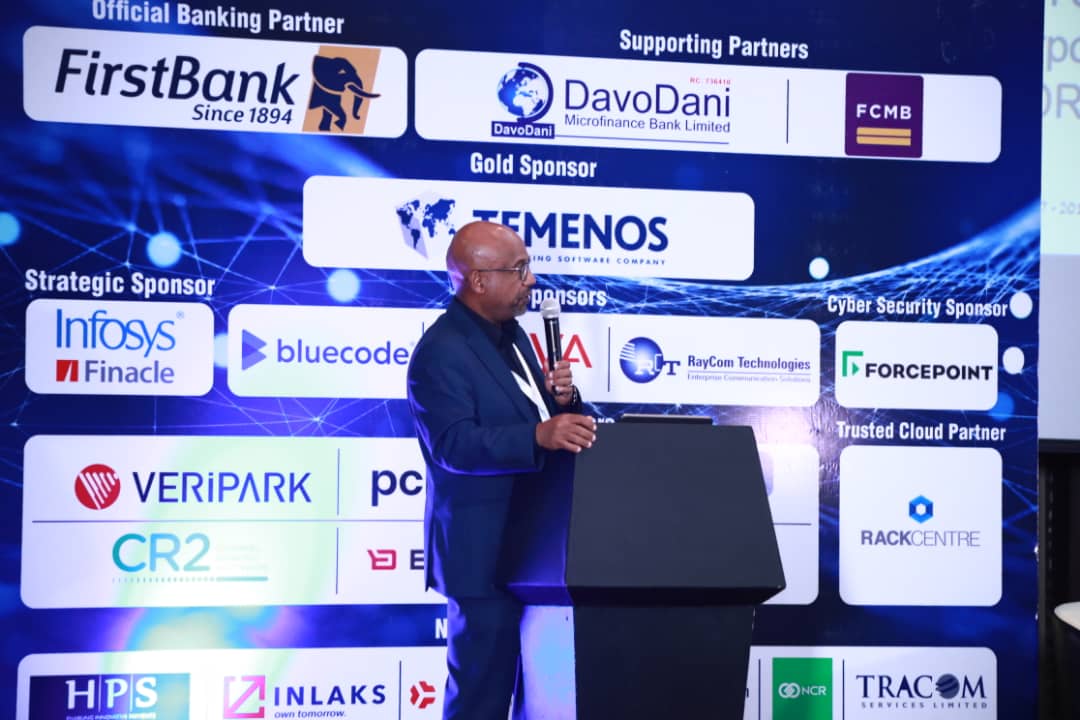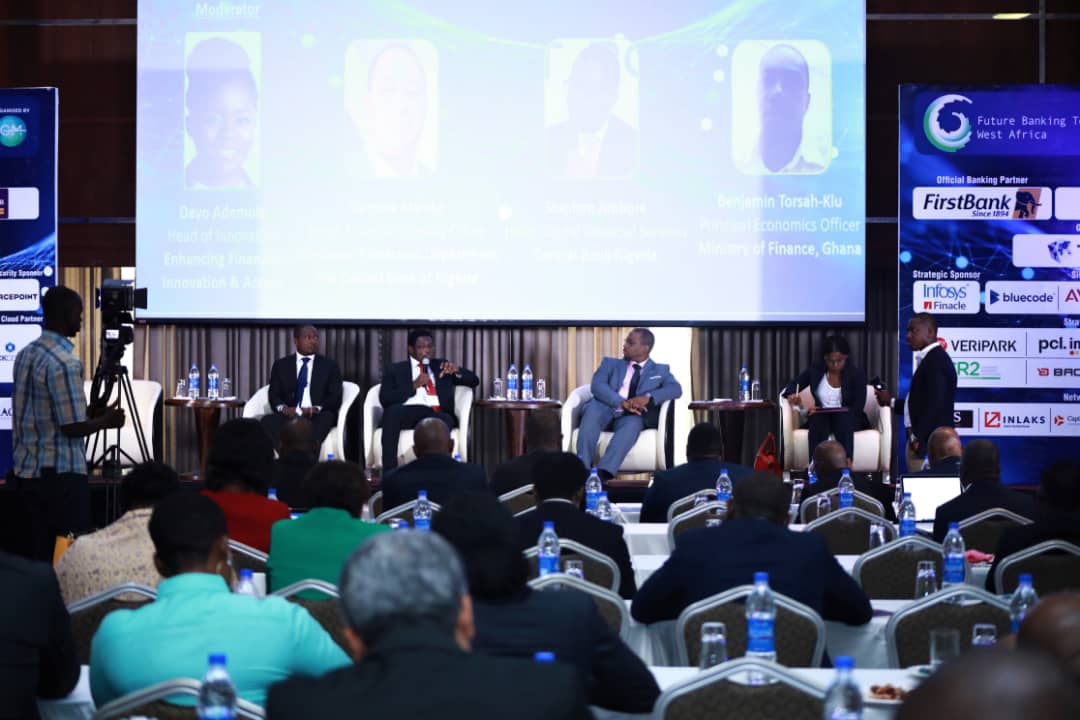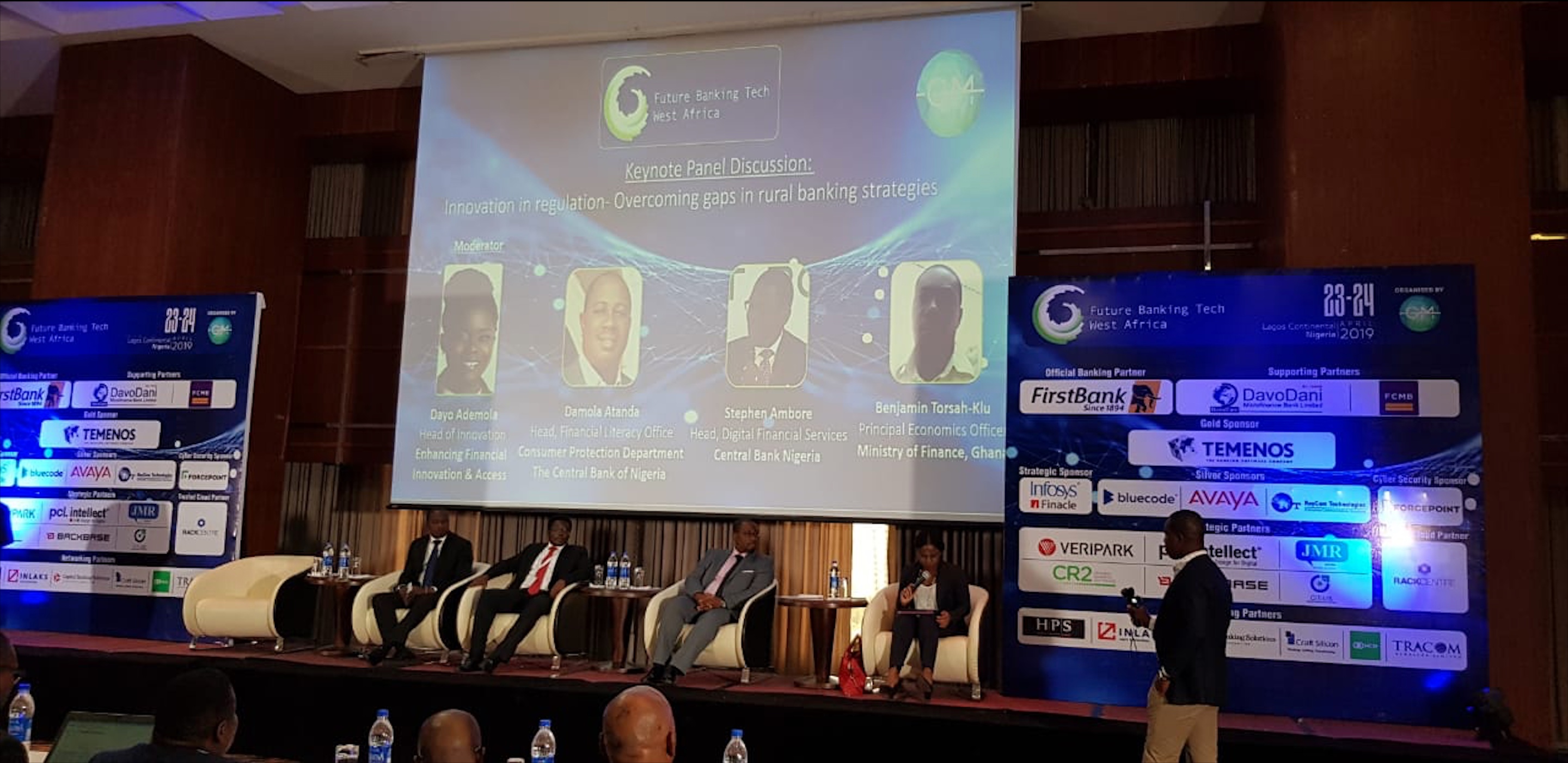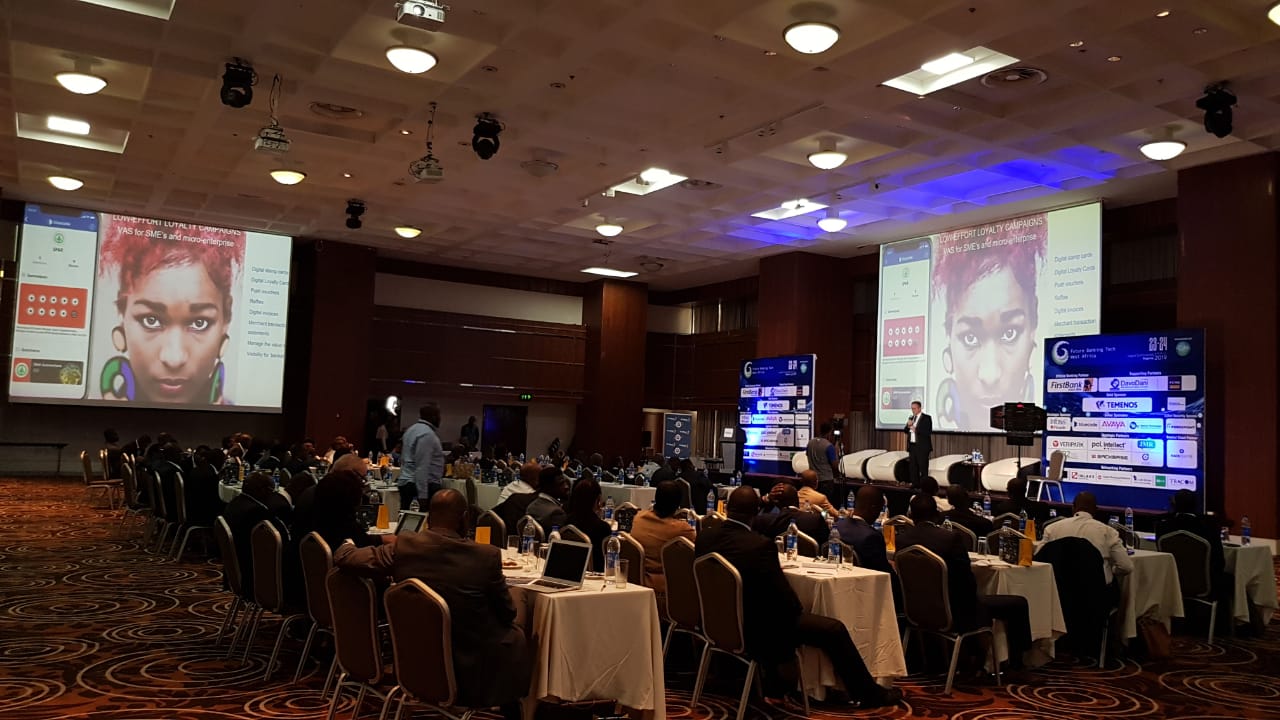Combining a highly innovative and interactive event structure with 30 world‐class speakers and more than 250 carefully selected participants, Future Banking Tech West Africa Summit, taking place at the Grand African Ballroom, Lagos on the 23-24 of April 2019 is tackling the most pressing questions for the progress of FinTech in Africa, and increasing financial inclusion, providing a platform for all stakeholders to engage in creating the future of financial services on the continent – from established banking powerhouses to FinTech experts.
Khalila Baldwin, the Director of the Future Banking Tech West Africa Summit, said: “Financial inclusion is a means to an end, it is a catalyst for equitable development and inclusive economic growth. Our ambition at the summit for Financial Inclusion has always been to improve the capacity of the financial sector to better serve all people in Africa, and to share the lessons learned from those efforts with the global development community. By working with pioneers of low-cost financial services across the continent to introduce and discuss new technological approaches and innovative business models, we have highlighted both the opportunities and the challenges in furthering financial inclusion”.
The launch and growth of digital financial services has led to an unprecedented increase in the number of people enjoying access to formal financial services. Today, Africa is home to more digital financial services deployments than any other region in the world, with almost half of the nearly 700 million individual users worldwide. Mobile money solutions and agent banking now offer affordable, instant, and reliable transactions, savings, credit, and even insurance opportunities in rural villages and urban neighbourhoods where no bank had ever established a branch. This is, quite literally, banking at your fingertips – for everyone. It is revolutionary.

The impact, however, extends beyond the individual. What makes a difference for a small-scale entrepreneur or a smallholder farmer translates into broader gains for society. Ten years after the breakthrough of digital financial services in Sub-Saharan Africa, we are seeing evidence of this.
Field studies show that access to mobile money services has increased daily per capita consumption levels of households, lifting them out of extreme poverty. Mobile money services have changed lives – for example, helping women to move from subsistence farming to business occupations and sustainable livelihoods. In total, 7.2 million new digital financial services users on the continent, 45,000 new banking agents, and $300 million in monthly transactions.
The Future Banking Tech West Africa Summit brings to the fore the voices of Africa’s financial services industry leaders, as well as technology experts to offer deep and thoughtful analysis for everyone working in this area of international development. The summit took place on the 23-24 of April 2019, at the Grand African Ballroom, Lagos Continental Hotel, Lagos, Nigeria.
Africa’s financial services landscape continues its dynamic evolution as the rapid growth of FinTech on the continent drives both the disruption and leapfrogging of legacy systems and further accelerates the digital transformation of financial services. In Nigeria, the major banks are rapidly ramping-up their own innovation strategies and collaborating with new game-changing start-ups to drive efficiencies, make digital profitable and capture new markets.

A decade after mobile phones began to spread in Africa, they have become commonplace even in the continent’s poorest countries. In 2016 two-fifths of people in sub-Saharan Africa had mobile phones. Their rapid spread has beaten all sorts of odds. In most African countries, less than half the population has access to electricity. In a third of those countries, less than a quarter does. Yet in much of the continent people with mobile phones outnumber those with electricity, never mind that many have to walk for miles to get a signal or recharge their phones’ batteries.
Mobile phones have transformed the lives of hundreds of millions for whom they were the first, and often the only, way to connect with the outside world. They have made it possible for poor countries to leapfrog much more than landline telephony. Mobile-money services, which enable people to send cash straight from their phones, have in effect created personal bank accounts that people can carry in their pockets. By one estimate, the M-Pesa mobile-money system alone lifted about 2% of Kenyan households out of poverty between 2008 and 2014. Technology cannot solve all of Africa’s problems, but it can help with many.
Banks, telcos, ministries of finance, central banks and leaders in the banking industry from 10 nations across the West African region are set to gather in Lagos at The Future Banking Technology Summit to discuss efforts aimed at increasing financial inclusion in the sub-region by 2020. The Future Banking Technology Summit addressed over two days of panel discussions and case studies showcasing the full value chain of the region’s banking and financial sector to best achieve financial inclusion and sustainable banking sector growth.
Commenting on the Future Banking Tech West Africa Summit, Khalila Baldwin, the Director of the Summit said: “At such an exciting time for the financial space in West Africa, we knew it was imperative to launch an event capturing as many of the dynamic components of this sector as possible. A key focus of our event, and many new policies being driven within the region, is to ensure financial inclusion is increased across West Africa. We therefore wanted to shine a light on the leading strategies increasing access to finance with the top financial stakeholders in attendance”.
“Late last year the Central Bank of Nigeria announced the introduction of Payment Service Banks, and amidst so much buzz around Telco’s entering the financial space in Nigeria we also wanted to provide a platform for both the traditional and non-traditional financial entities to converge” Baldwin added.

The first of its kind event will focus on the future of digitising banking services for Central Banks in West Africa. This is as leveraging off experiences of similar regions can aid in the adoption of best financial inclusion practices, as it is becoming incumbent on banking stakeholders to be rapid, yet savvy in incorporating disruptive mobile money platforms, automated banking systems, tailored credit facilities and crypto-currencies for this dynamic market.
The two days summit tackled several paramount topics including, innovation in regulation- Overcoming gaps in rural banking strategies, supporting innovative financial institutions to improve financial inclusion, improving credit facilities to underbanked and Small and Medium Enterprises, throughout main panel discussions and networking breaks.
The summit brought together under one roof dignitaries from various industries across West Africa countries to exchange visions on ways of achieving progress in financial inclusion, that is becoming highly sought for recently to cater the demand of population, and the rapid penetration of latest telecommunication technologies by customers.
It begun with discussions from some of the region’s regulators, including Dr. Mudashiru Olaitan, Director, Development Finance Department, Central Bank Nigeria as he described the innovative platforms being adopted, adapted, and implemented to increase financial inclusion. The second session was a panel discussion with EFInA, Central Bank Nigeria and Ministry of Finance, Ghana as they further examined the best strategies to enhance rural access to finance.

Wednesday 24 April, Day 2 of the conference, opened with the West Africa microfinance panel discussion, and covered improving credit facilities for underbanked and SME’s. The panellists include PWC, Mainstreet Microfinance Bank, New Capital Multipurpose Cooperative, AB Microfinance Bank Nigeria and Supreme Microfinance Bank Nigeria.
The next session with Christian Ayiku, CFO, Consumer Bank Group, EcoBank Togo discussed modern core processing systems with a focus on FinTechs. Leading mobile payments solution provider BlueCode delivered a session regarding domestic payment schemes, interoperability and electronic payment solutions for the banked and under-banked. An element that has been introduced in the race to increase financial inclusion is the significance of enhancing financial literacy to ease adoption to finance.
Kofo Salam-Alada, Director, Consumer Protection Department, Central Bank Nigeria addressed this element as it is under the purview of his department. He also addressed the regulations building consumer protection in digital age. Day 2 morning sessions ended with another session led by EFInA, Dayo Ademolam, Head of Innovation, that discussed the Fintech Landscape in Nigeria Survey.
The next session was an executive panel discussion, Developing West Africa’s cashless economy, and dissected the barriers to achieve financial inclusion. This session included Rack Centre, First City Monument Bank, Ecobank Nigeria, My Amole and Eclectics International. MTN Nigeria then delivered a session on how Telco’s can collaborate with industry players in the financial services space to enhance financial inclusion.
The final presentation covered identifying customer- centric models for digital banking and was delivered by Stanbic IBTC Banks’ Wilfred Mamah, Head Digital Strategy, Issuing and Service Management.
At the end of the day two masterclasses were held surrounding the elements that required a bit more in-depth discussions. The first masterclass, Information Security, led by Tope S. Aladenusi, Chief Strategy Officer & Cyber Risk Services Leader, Deloitte West Africa. His class was an interactive dive into multi-channel security across the increasingly digital financial sector. Key aspects were addressed including denial-of-service attacks, data breaches and limiting cyber exposure risks.
The second masterclass covered blockchain and touch on the additional cryptocurrencies emerging within the region and was led by Lucky Uwakwe, Chief Operating Officer at Blockchain Solutions Limited. Finally The Future Banking Tech West Africa Summit’s distinguished event chairman, Dr. Evans Woherem, Founder and Chairman, Digital Africa Global Consult Ltd and Compumetrics Solutions summarized and finalized the program.


